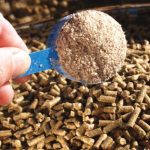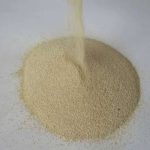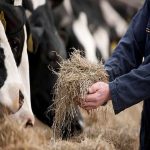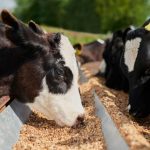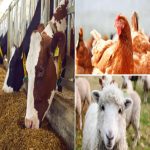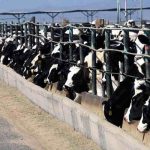In modern animal farming, feed additives like yeast culture are becoming indispensable for improving livestock health, growth, and overall performance. For feed processing factories and large-scale breeding farms, incorporating yeast culture into animal feed provides numerous benefits that directly impact productivity and profitability.
Yeast culture is a highly effective feed additive that works by improving the gut health of livestock. This natural product helps support the growth of beneficial microbes in the digestive system, which in turn enhances the fermentation process in ruminants and aids in nutrient absorption across all species. Whether it’s for poultry, cattle, or pigs, adding yeast culture to feed helps ensure animals get the most out of their diet.
For animal feed processing factories, yeast culture additives are particularly beneficial. They improve feed efficiency by boosting nutrient absorption and digestion, which reduces the amount of feed needed to achieve optimal growth. This not only improves cost-efficiency but also ensures that the feed is nutrient-dense, reducing the reliance on antibiotics and other chemical additives.
Large-scale breeding farms also reap the benefits of yeast culture for livestock. For breeding pigs, yeast culture helps improve digestive function and feed conversion rates, allowing for faster weight gain and healthier piglets. In breeding cattle, yeast culture for cattle feed enhances rumen fermentation, leading to more efficient weight gain and better milk production.
Yeast culture for poultry feed helps improve egg production and overall bird health by supporting a balanced gut microbiome. Healthy hens are more productive, leading to higher-quality eggs and stronger, healthier chicks. Yeast culture also boosts immunity in poultry, reducing disease outbreaks and the need for antibiotics.
Incorporating yeast culture into animal feed isn’t just a trend—it’s an investment in sustainable, high-performing farming operations. For animal feed processing factories and breeding farms, these feed additives help enhance productivity, reduce costs, and maintain a healthier, more sustainable approach to livestock management.
 Animal Feed Yeast-Yeast culture manufacturers
Animal Feed Yeast-Yeast culture manufacturers
